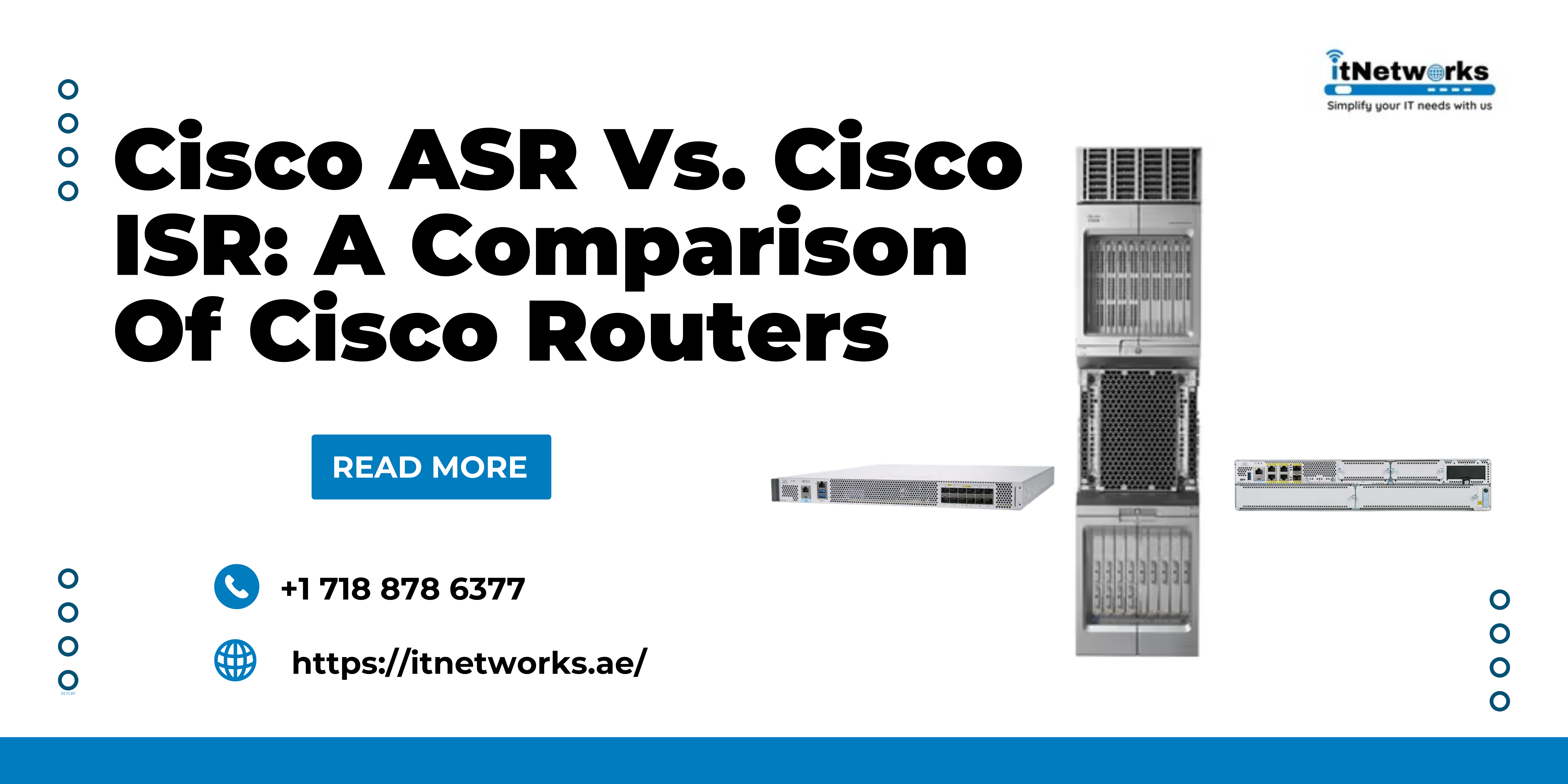Analog or IP Camera: Which One is Better?
Before the extensive adoption of broadband internet, analog CCTV was the only option in the market. These cameras still exist however they work differently than IP cameras.
Modern CCTV cameras are way ahead of older analog CCTV models. But have you ever wondered what the main difference between them is? IP (Internet Protocol) cameras transmit signals digitally, whereas analog CCTV (Closed Circuit Transmission) systems use the traditional method of sending footage over a cable. Moreover, there are so many other features in digital, internet-enabled cameras.
With these features, owners get new ways to keep an eye on their properties and prevent any malicious activity. Further in this post, we have defined everything that you should know about analog CCTV cameras and IP cameras to know which one will be better for you.
The difference between analog and IP CCTV cameras?
It is not only the internet that makes the largest generation of security cameras different from older models. Picture quality is another big difference between analog and IP cameras.
IP cameras offer much better picture quality than analog security cameras. We all have seen grainy images in popular murder mystery shows as well as new reports. The implementation of IP cameras can make detection much easier by providing quality images.
In truth, analog closed-circuit television (CCTV) falls short in terms of image resolution when compared to the digital images produced by IP cameras. Even the highest-resolution CCTV security cameras tend to capture blurry or grainy images in comparison to digital cameras, particularly when capturing moving objects or in low-light conditions.
The issue lies in the outdated nature of the technology itself, which inevitably leads to distortion in the video images, regardless of the price paid for the CCTV camera. While it's possible to use a digital video recorder (DVR) to record the images captured by a CCTV camera after converting the analog signal to digital, the resulting footage will still be noticeably blurrier compared to that of a fully digital camera.
The superior quality of the footage is a key advantage of IP cameras, as the ability to clearly see and record images are their primary purpose. Nevertheless, when comparing analog CCTV cameras to IP cameras, there are pros and cons to consider.
Image transmission and storage
IP cameras rely on technology that transmits the video signal using the cloud. It digitizes the video using an encoder with an onboard web server. After that, the camera uses a Wi-Fi or hard-wired internet fiction to transmit data online. With this, you will be able to see the images on the web browser.
As we have mentioned earlier, before IP cameras got popular, analog CCTV cameras were the only option. They work in a different manner than IP cameras. They capture images and then convert the video signal so that they can be viewed by a TV monitor or stored on a hard drive.
Analog CCTV Camera vs. IP Camera: Their Main Benefits
Analog cameras
Although picture quality can be a drawback, there are benefits of analog CCTV cameras. Those benefits include:
Affordable cost
In certain scenarios, these cameras can be the best choice. For instance, if you have a small retail storefront with limited space to monitor, a CCTV camera could suffice for safeguarding your business.
Compatibility
CCTV cameras are highly compatible with each other, allowing you to easily add additional cameras without the need to match brands, which can potentially save you money. Furthermore, these cameras are straightforward to install using a coaxial cable.
IP Cameras
In addition to their high resolution, IP cameras offer a plethora of advanced security features designed to protect your business:
Wireless Connectivity
These cameras can connect wirelessly to a cellular network, eliminating the need for hardwiring, which is less common in CCTV cameras.
Solar Power Options
IP cameras can operate using solar panels and a battery backup, eliminating the need for wired electricity.
Secure Cloud Storage
IP camera systems are scalable and utilize cloud storage, ensuring that you won't run out of server space for storing data.
Instant Visibility
IP cameras allow you to access video images through a web browser on any digital device, providing real-time monitoring capabilities.
Easy Footage Search with Tags
IP cameras support AI-powered categorization and searchable databases, making the review of camera footage less time-consuming by allowing easy footage search using tags.
Advanced Analytics
IP cameras support video analytics tools that can flag specific events, such as motion detection or camera tampering, and provide corresponding footage for review.
HD Footage
IP cameras can capture crisp high-definition (HD) footage, even when the subject is in motion.
Audio & Visual Deterrence
IP cameras can play loud recordings or alarms when motion is detected and are equipped with smart features to discern between actual threats and false alarms.
Smart Features
IP cameras can zoom in to capture footage and alert security when a trespasser crosses a predefined threshold, and pan-tilt-zoom cameras are available for easy camera control through mobile apps, returning to normal position after viewing.
Overall, IP cameras provide an array of advanced security features beyond high resolution, making them a powerful option for protecting your business.
Conclusion
Now the question is “Which is better analog or IP camera”. There are pros and cons to both of these cameras. If you are purchasing a camera for a smaller location and you are concerned about the price, the analog CCTV camera would be the right choice for you. However, if you looking for something advanced for a bigger location, an IP camera will be more effective.





